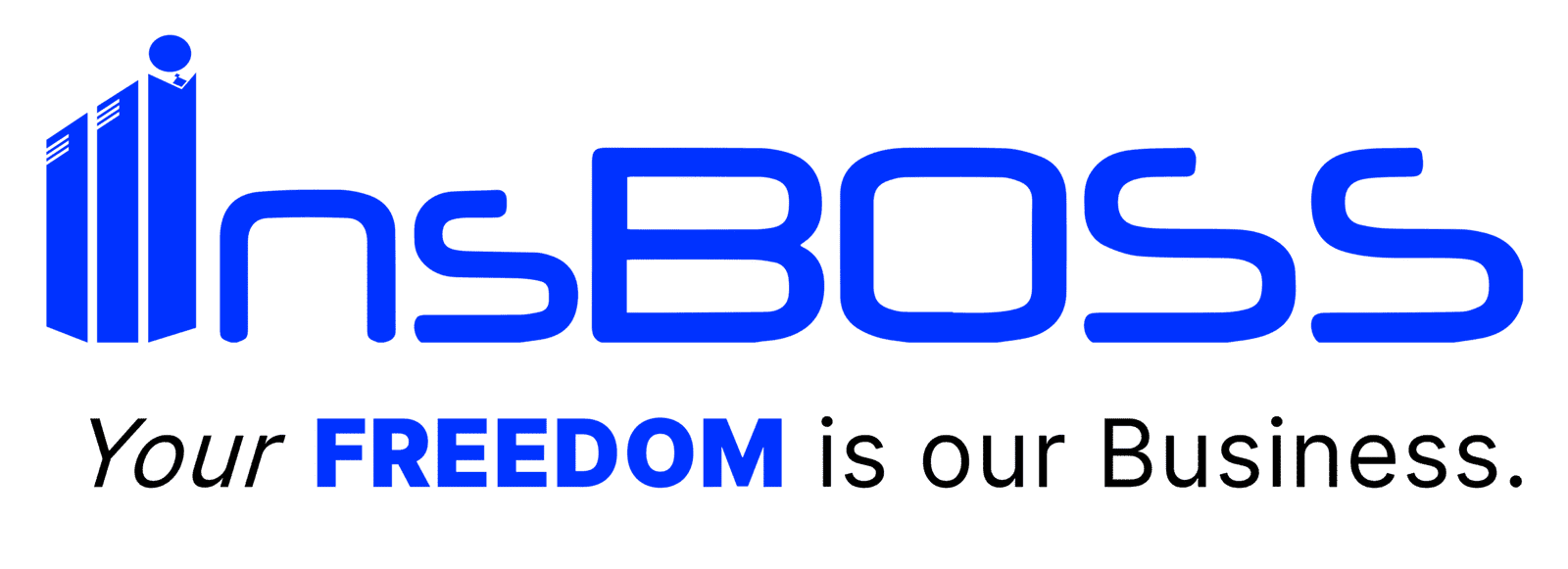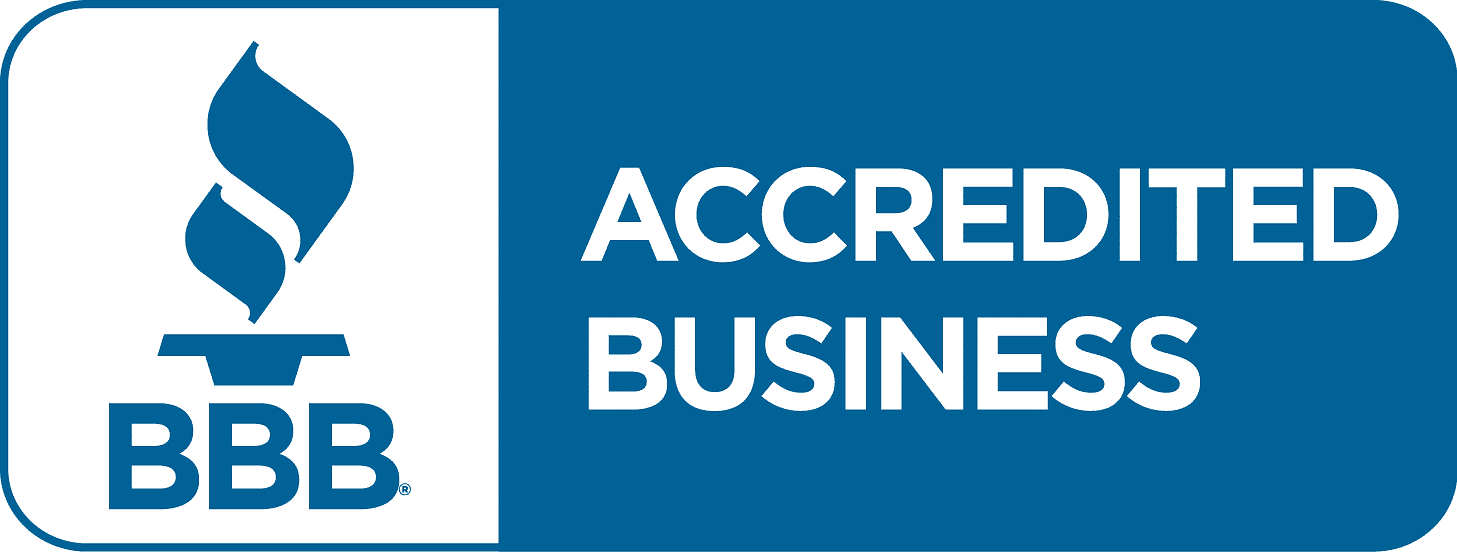Top Accounting Tools Every Virtual Accountant Should Know
With businesses shifting into the digital landscape, it’s no surprise that several traditional and manual systems are being rendered obsolete. Virtual accounting tools are one of primary systems to undergo digital transformation.
According to a report by Oxford university, 98% of repetitive accounting and bookkeeping tasks are susceptible to computerization along with the rise of technological advancements. Similarly, an article by Forbes reports that the market value for automation within the finance sector is estimated to reach up to $9 billion by the end of 2026.
Thus, this trend of automating routine tasks has opened the way for small insurance businesses to leverage these tools to streamline their accounting processes and bookkeeping operations.
In this comprehensive blog post, we will discuss what automated accounting is in insurance. We’ll list down and differentiate common accounting systems that virtual accountants use. Additionally, we will further discuss how you can prepare your accounting specialists and virtual assistants towards upskilling and learning these digital tools. Lastly, we’ll help you outsource and look for virtual accountants who are skilled and familiar with these digital accounting tools.
What is Automated Accounting?

Automated accounting refers to the use of technology, software applications, and other digital accounting tools to perform financial tasks and processes with minimal human intervention. Unlike its traditional counterpart, this accounting tool manages financial data in bulk instead of manually recording each journal entry.
This approach aims to simplify and expedite virtual accounting and bookkeeping functions, ranging from data entry to complex financial analysis. By using automated accounting tools, businesses can have more freedom and accuracy in managing their financial records.
Automated accounting also plays a crucial role in managing financial data associated with policies, claims, and premiums. It is a useful accounting tool in automating routine accounting processes specific to insurance operations for timely and precise financial reporting.
Common types of automated tech used in accounting processes include the following:
1. Robotic Process Automation (RPA)
Robotic Process Automation is a set of accounting tools that utilize software robots or “bots” to automate repetitive, rule-based tasks. It is a useful and efficient accounting tool for streamlining heads-down deskwork that involves categorizing data, or working with procedural workflows and strict guidelines since you can easily program them into the “bots”.
Sample usage: RPA bots can streamline claims processing by automatically extracting data from claim forms, validating information, and updating the relevant financial records within a set database.
Benefits of the tool: The advantage of RPA as an accounting tool in the insurance industry lies in its ability to handle routine transactions swiftly. This allows accounting professionals to focus on more complex tasks, improving overall efficiency. This leads to reduced processing times and minimized errors, contributing to a more accurate and agile financial ecosystem.
2. Natural Language Processing (NLP)
Natural Language Processing enables accounting tools and systems to understand and interpret human language. Furthermore, it facilitates communication between computers and their virtual assistant users.
Sample usage: NLP software are mostly used in generating financial reports and analysis of financial statements. They are often used to analyze and extract relevant information from policy documents, contracts, and communication records. This ensures accurate data input into accounting systems, enhancing the overall quality of financial reporting.
Benefits of the tool: This automated process is significantly beneficial in making data–based decisions within the insurance industry. Since it expedites data processing and financial reporting, it supports risk assessment, strategic planning, and budgeting.
3. Artificial Intelligence (AI)
AI accounting tools encompass algorithms that enable machines to perform tasks that typically require human intelligence, such as decision-making and pattern recognition.
Sample usage: AI-powered accounting tools can analyze vast databases to assess client profiles. These tools can predict financial trends, helping insurers make informed decisions on premium pricing and budget planning. Additionally, AI tools can identify patterns and anomalies, enabling more accurate fraud detection in claims processing.
Benefits of the tool: These accounting tools enhance decision-making processes by providing insurers with predictive insights into risks and market trends. Moreover, AI streamlines complex tasks, allowing for quicker and more accurate assessments, ultimately contributing to improved financial stability within the insurance sector.
4. Machine Learning (ML)
Machine Learning is an automation process that branches out from the general AI process. It allows digital accounting tools and systems to evolve over time by learning patterns and processes from inputted data without explicit human programming involved.
Sample usage: In insurance accounting, these tools can predict policyholder behavior, assess the likelihood of defaults, and optimize premium pricing based on evolving market dynamics. For instance, ML algorithms analyze historical claims data to identify patterns indicative of potential risks.
Benefits of the tool: As an accounting tool, machine learning enables insurers to proactively identify and mitigate risks. By continuously learning from historical data, these tools adapt to evolving patterns, providing insurers with a proactive approach to identifying and addressing potential risks.
Common Computerized Accounting Systems

Now that you understand how these tools work, let’s explore the common computerized accounting software that virtual accountants use in managing their day-to-day tasks:
1. NetSuite Oracle
Netsuite Oracle is a cloud-based, integrated suite of business management applications, encompassing Bookkeeping and Accounting, Enterprise Resource Planning (ERP), and Customer Relationship Management (CRM) functionalities.
This platform stands out for its robust automation capabilities. This accounting tool streamlines financial processes, automating tasks such as data entry, transaction categorization, and financial reporting. This not only reduces manual workload but also minimizes the risk of errors, making it a top choice for businesses seeking efficiency through automation.
2. Xero
Xero is one of the cloud-based accounting tools designed for small to medium-sized businesses. It offers a wide-range of advanced accounting and bookkeeping features including invoicing, payroll, and expense tracking.
It provides in-depth financial reporting, customizable invoicing, and seamless integration with over 1000 third-party applications. Its sophisticated capabilities can easily be accessed through its Xero accounting mobile application, making it the go-to choice for those seeking comprehensive and advanced functionalities on-the-go.
3. Quickbooks
QuickBooks is widely-recognized, and widely-used accounting software that caters to businesses of all sizes, providing comprehensive tools for bookkeeping, invoicing, and financial reporting. Its versatility and compatibility make it a preferred choice for businesses seeking a comprehensive accounting tool that integrates seamlessly with other business functions
This software is renowned for its comprehensive set of features that cover the entire spectrum of accounting needs. From robust reporting tools to seamless integration with various business applications, QuickBooks provides an all-encompassing solution. Like Xero, Quickbooks also has a mobile app which makes it suitable for business on-the-go.
4. Freshbooks
Freshbooks is an intuitive cloud-based accounting software designed for small businesses and freelancers, focusing on simplicity and user-friendly features.
It prioritizes user experience with its clean interface and straightforward navigation. Its intuitive design makes it easy for users to perform tasks like invoicing, expense tracking, and time management. This simplicity enhances overall efficiency, especially for those who may not have extensive background with accounting tools.
5. Zoho Books
Zoho Books is an online accounting software designed for small businesses, offering a range of features to manage finances efficiently.
This free digital software stands out as one of the best free accounting tools, providing essential features without a subscription cost. It caters to small businesses with limited budgets, offering a cost-effective solution for basic accounting needs while maintaining the quality and reliability associated with the Zoho suite of products.
How To Prepare Your VAs For The Digital Shift:
Before jumping into the bandwagon of automating your process, you have to prepare your team first as you head into the digital shift. Here’s a quick guide on how to seamless navigate the transition to automated accounting tools:
1. Assessing your operational processes
Before integrating new accounting tools into your virtual accounting ecosystem, conduct a thorough assessment of your current digital processes. Identify areas where these advanced accounting tools can enhance efficiency and accuracy. This initial accounting tools assessment serves as a foundation for a seamless integration plan.
2. Addressing Employee Concerns
Recognize that shifting to cloud-based accounting tools may raise concerns among your employees – specially among in-house traditional accountants. Address these concerns transparently by emphasizing the benefits of these accounting tools in simplifying workflows, reducing human errors, and providing upskilling opportunities. Have an open dialogue to address any apprehensions towards the adoption of advanced accounting tools.
3. Training your workforce
Invest in comprehensive training programs to equip your accounting specialists with the necessary skills to proficiently use cloud-based accounting tools. Training sessions should cover the functions of the chosen accounting tools, emphasizing hands-on experience to boost their confidence and minimize fear of this technology. Implement regular refresher programs and touch base with the team regarding new updates and features of the accounting tools.
4. Documenting your process
Documenting the integration of accounting tools into your virtual accounting processes is essential for transparency and knowledge retention. Create detailed guides and manuals outlining how accounting tools are to be used in specific tasks. This documentation not only serves as a reference for virtual accountants but also facilitates a smooth onboarding process for new team members so that you will no longer have to train them from scratch.
5. Reviewing and Continuously Improving your systems
Regularly review the effectiveness of the automated accounting tools and seek feedback from your virtual accountants. This process allows for continuous improvement, ensuring that the selected accounting tools align with your evolving business needs. Stay tuned with updates and advancements in your accounting tools to maximize their potential and keep your virtual accounting team at the forefront of the automation trend.
Looking to Hire Accounting Specialists?
Whether you are a seasoned industry player or a budding insurance broker, embracing the power of tech-savvy accounting specialists equipped with the latest accounting tools can scale your business to new heights.
If you’re on the lookout for virtual accounting specialists skilled in the latest digital accounting software, look no further. Here at InsBOSS, we offer a unique opportunity to book a free business consultation and explore how our team of experts can seamlessly integrate advanced accounting tools into your financial processes. Elevate your accounting practices with the precision and efficiency that only modern tools can provide.













